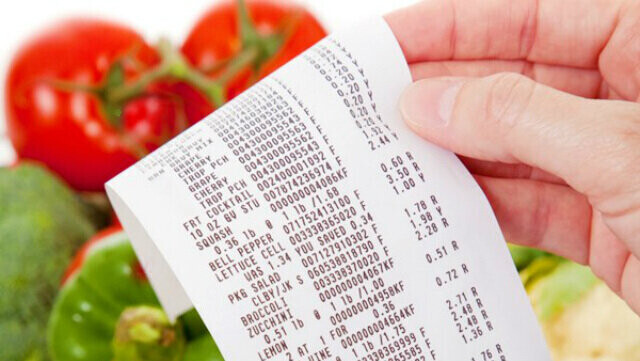
Photo credit:
The Canadian Competition Bureau's recent move to investigate the parent companies of grocery giants Loblaws and Sobeys marks an important step in addressing anti-competitive conduct in the retail grocery industry.
The investigation, which began on March 1, focuses on allegations that the two companies are restricting competition through lease agreements and management of vacant land. The potential impact is significant, as the two companies together account for more than 50% of the Canadian food retail market.
According to federal court records, the Competition Commission's investigation is centered on allegations that Loblaws and Sobeys are using property management to limit activity among potential tenants and reduce competition.
This is of particular concern in rural areas, where grocery options are often limited and vulnerable to such practices. The allegations suggest that these companies not only control who can rent space in shopping centers, but also hold vacant lots to prevent competitors from entering the market. Sobeys' parent company has countered that the investigation is “illegal,” reflecting tensions and defensiveness within the industry.
However, few are surprised by these developments, as the grocery industry has long been criticized over its market control tactics. The study highlights a broader issue: the control of market access and the strategic importance of location in the grocery industry. These companies have mastered the art of location optimization, securing an advantage by strategically locating and protecting their stores.
Public dissatisfaction with the grocery industry is growing, in part due to the long-running bread price-fixing scandal that has plagued both the industry and the Competition Bureau. Nine years later, the investigation remains unresolved, eroding public trust. The current investigations into Loblaws and Sobeys are an important opportunity for the Competition Bureau to demonstrate its commitment to protecting consumers and ensuring fair competition.
There is a widespread belief among grocery industry executives that the practices are justified by the need to maximize profits and cater to customers. These practices have been the norm for decades, and industry culture is difficult to change. But Canada's current food security crisis, highlighted by poor ratings from Food Banks of Canada, has led to a decline in public tolerance for practices that limit access to affordable food options.
The Competition Bureau's role is similar to that of a law enforcement agency, ensuring market fairness. Just as speed limits and police patrols keep our roads safe, the Competition Bureau's vigilance is essential to preventing anti-competitive behaviour in the grocery sector. For the Competition Bureau to regain public trust, it must complete this investigation promptly and transparently, and publish clear recommendations, signalling to both industry and consumers that the Competition Bureau is actively monitoring the market.
While the public needs to better understand the complexities of the food industry, it is equally important for grocers to realize they are dealing with a savvy, less tolerant consumer base. The Competition Bureau's investigation is a necessary step to align industry practices with public expectations and ensure a fair and competitive marketplace.
This change will begin with strong oversight and decisive action from the Secretariat.
Sylvain Charbois is senior director of the Agri-Food Analytical Laboratory and professor of food distribution and policy at Dalhousie University.
This article was written by or on behalf of an external columnist and does not necessarily reflect the views of Castanet.



